Home / editorials / Nobel Peace Prize for Hibakusha: A Global Call for Nuclear Disarmament and the End of Nuclear Threats
Nobel Peace Prize for Hibakusha: A Global Call for Nuclear Disarmament and the End of Nuclear Threats
By: My India Times
3 minutes read 54Updated At: 2024-12-12
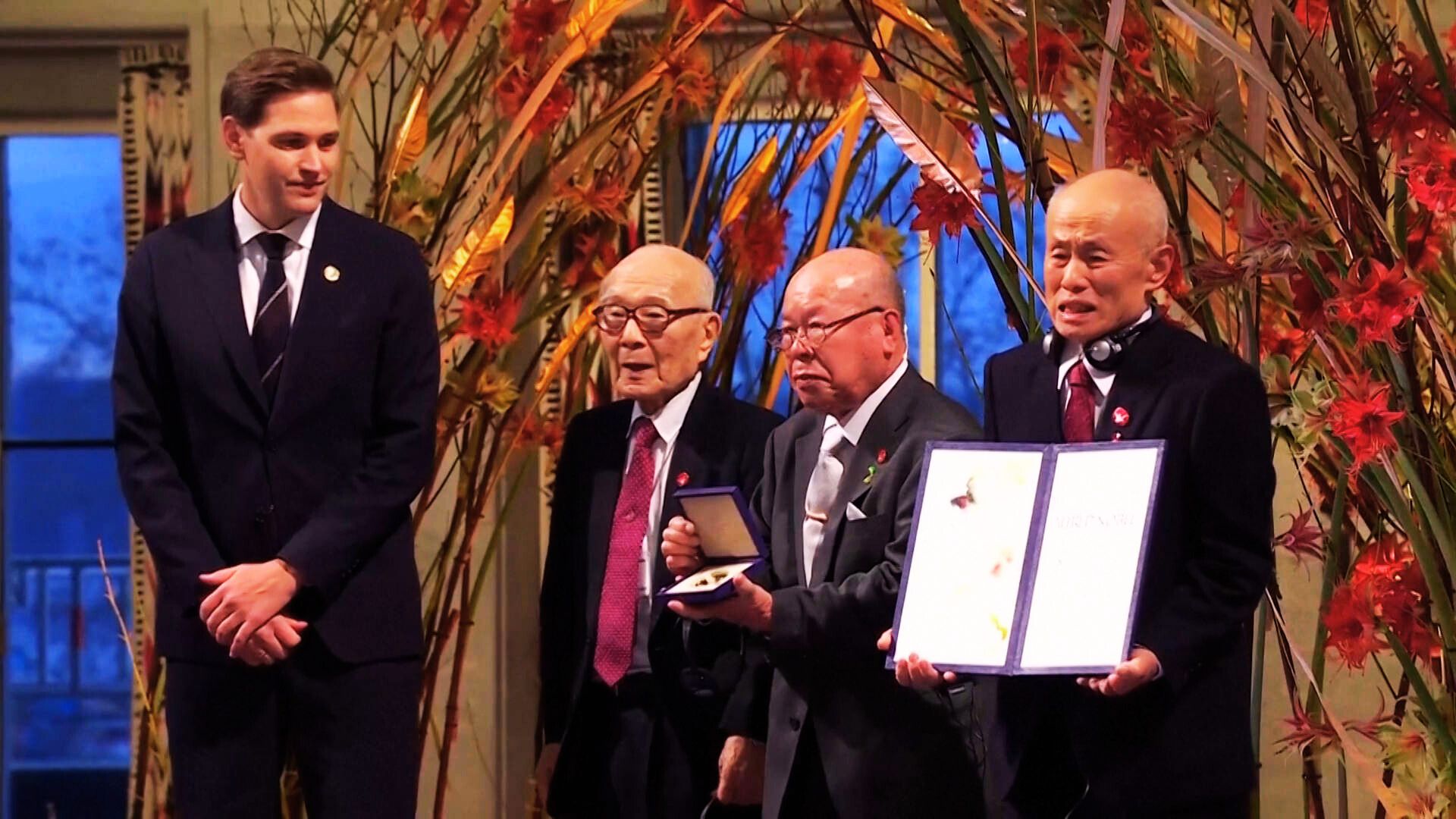
In a historic moment, the Japan Confederation of A- and H-Bomb Sufferers Organizations, known as Hidankyo, received the prestigious 2024 Nobel Peace Prize for their relentless advocacy against nuclear weapons. The Hibakusha, the survivors of the atomic bombings of Hiroshima and Nagasaki, have dedicated decades to raising awareness about the devastating effects of nuclear warfare and advocating for global nuclear disarmament. Their acceptance of this prestigious honor conveys a significant message to the international community, urging the elimination of nuclear weapons before it is too late.
Hibakusha's Dire Warning: Nuclear Weapons Are a Current Danger, Not a Past Tragedy
In an emotional speech, Terumi Tanaka, a 92-year-old Hibakusha, shared a chilling warning that nuclear weapons are not just part of history but are a looming threat that still exists today. Tanaka, who survived the Nagasaki atomic bombing in 1945, expressed his deep concern that the "nuclear taboo"—the worldwide effort to prevent the use of nuclear weapons—was under threat. The threat of nuclear conflict is once again a significant concern, as major global powers, including Russia and the United States, are utilizing nuclear posturing in their international discussions.
Tanaka's remarks echo the ongoing geopolitical tensions worldwide, particularly in light of the current war in Ukraine and the intensifying conflicts in Gaza, where nuclear capabilities have been consistently wielded as instruments of coercion. With major nuclear powers such as Russia pushing the boundaries of nuclear deterrence and even revising policies to make the use of nuclear weapons more accessible, Tanaka's warning grows ever more relevant.
A Legacy of Advocacy: The Hibakusha’s Unyielding Campaign Against Nuclear Weapons
The Hibakusha's tireless advocacy began shortly after the devastation of Hiroshima and Nagasaki. In 1956, they formed Hidankyo to campaign for compensation from the Japanese government and to ensure that the world never forgets the horrors they lived through. Survivors have articulated their experiences through public engagements, including forums at the United Nations, where they have appealed to the global community to acknowledge the atrocities associated with nuclear armaments.
The efforts of the Hibakusha have resulted in important achievements, such as the establishment of the Treaty on the Prohibition of Nuclear Weapons in 2017, which represents a significant advancement toward worldwide disarmament. However, despite these achievements, the ultimate goal of a world free of nuclear weapons remains elusive. The Hibakusha continue to face challenges as many countries, including Japan, still rely on nuclear deterrence for national security. Japan’s hesitancy to fully embrace the global disarmament movement is seen in its reluctance to engage in the Treaty on the Prohibition of Nuclear Weapons, further demonstrating the obstacles faced by those pushing for change.
The Passing of a Generation: The Urgency of Carrying the Torch
As the Hibakusha age—many are now over 85—the task of passing their message to future generations has become increasingly urgent. The survivors’ poignant stories, filled with firsthand experiences of the devastation caused by nuclear bombs, are vital to the ongoing struggle for disarmament. Yet, with each passing year, fewer Hibakusha are left to share their powerful testimonies.
This year, high school peace ambassadors joined forces with Hidankyo to raise awareness, showing the younger generation’s commitment to continuing the fight against nuclear weapons. The Nobel Peace Prize serves as a crucial platform for transmitting these experiences to a global audience, ensuring that the fight for a nuclear-free world does not die with those who lived through the bombings.
A Call to Action: The Need for Global Unity and Nuclear Disarmament
The Hibakusha’s Nobel Peace Prize award is not just an acknowledgment of their past suffering but a call to action for the international community to unite for the abolition of nuclear weapons. With the real possibility of nuclear war still hanging over the world, it is critical for all nations to reflect on the Hibakusha's experiences and take decisive steps to eliminate nuclear arsenals.
The Nobel Prize highlights the responsibility of world leaders to push for nuclear disarmament, uphold the non-use of nuclear weapons, and ensure that future generations never face the horrors witnessed by those in Hiroshima and Nagasaki. It is a call for the global community to prioritize peace over power and to work together for a safer, nuclear-free world. As the Hibakusha have demonstrated, the fight for peace is ongoing—and it must be carried forward by all of us.
....In a historic moment, the Japan Confederation of A- and H-Bomb Sufferers Organizations, known as Hidankyo, received the prestigious 2024 Nobel Peace Prize for their relentless advocacy against nuclear weapons. The Hibakusha, the survivors of the atomic bombings of Hiroshima and Nagasaki, have dedicated decades to raising awareness about the devastating effects of nuclear warfare and advocating for global nuclear disarmament. Their acceptance of this prestigious honor conveys a significant message to the international community, urging the elimination of nuclear weapons before it is too late.
Hibakusha's Dire Warning: Nuclear Weapons Are a Current Danger, Not a Past Tragedy
In an emotional speech, Terumi Tanaka, a 92-year-old Hibakusha, shared a chilling warning that nuclear weapons are not just part of history but are a looming threat that still exists today. Tanaka, who survived the Nagasaki atomic bombing in 1945, expressed his deep concern that the "nuclear taboo"—the worldwide effort to prevent the use of nuclear weapons—was under threat. The threat of nuclear conflict is once again a significant concern, as major global powers, including Russia and the United States, are utilizing nuclear posturing in their international discussions.
Tanaka's remarks echo the ongoing geopolitical tensions worldwide, particularly in light of the current war in Ukraine and the intensifying conflicts in Gaza, where nuclear capabilities have been consistently wielded as instruments of coercion. With major nuclear powers such as Russia pushing the boundaries of nuclear deterrence and even revising policies to make the use of nuclear weapons more accessible, Tanaka's warning grows ever more relevant.
A Legacy of Advocacy: The Hibakusha’s Unyielding Campaign Against Nuclear Weapons
The Hibakusha's tireless advocacy began shortly after the devastation of Hiroshima and Nagasaki. In 1956, they formed Hidankyo to campaign for compensation from the Japanese government and to ensure that the world never forgets the horrors they lived through. Survivors have articulated their experiences through public engagements, including forums at the United Nations, where they have appealed to the global community to acknowledge the atrocities associated with nuclear armaments.
The efforts of the Hibakusha have resulted in important achievements, such as the establishment of the Treaty on the Prohibition of Nuclear Weapons in 2017, which represents a significant advancement toward worldwide disarmament. However, despite these achievements, the ultimate goal of a world free of nuclear weapons remains elusive. The Hibakusha continue to face challenges as many countries, including Japan, still rely on nuclear deterrence for national security. Japan’s hesitancy to fully embrace the global disarmament movement is seen in its reluctance to engage in the Treaty on the Prohibition of Nuclear Weapons, further demonstrating the obstacles faced by those pushing for change.
The Passing of a Generation: The Urgency of Carrying the Torch
As the Hibakusha age—many are now over 85—the task of passing their message to future generations has become increasingly urgent. The survivors’ poignant stories, filled with firsthand experiences of the devastation caused by nuclear bombs, are vital to the ongoing struggle for disarmament. Yet, with each passing year, fewer Hibakusha are left to share their powerful testimonies.
This year, high school peace ambassadors joined forces with Hidankyo to raise awareness, showing the younger generation’s commitment to continuing the fight against nuclear weapons. The Nobel Peace Prize serves as a crucial platform for transmitting these experiences to a global audience, ensuring that the fight for a nuclear-free world does not die with those who lived through the bombings.
A Call to Action: The Need for Global Unity and Nuclear Disarmament
The Hibakusha’s Nobel Peace Prize award is not just an acknowledgment of their past suffering but a call to action for the international community to unite for the abolition of nuclear weapons. With the real possibility of nuclear war still hanging over the world, it is critical for all nations to reflect on the Hibakusha's experiences and take decisive steps to eliminate nuclear arsenals.
The Nobel Prize highlights the responsibility of world leaders to push for nuclear disarmament, uphold the non-use of nuclear weapons, and ensure that future generations never face the horrors witnessed by those in Hiroshima and Nagasaki. It is a call for the global community to prioritize peace over power and to work together for a safer, nuclear-free world. As the Hibakusha have demonstrated, the fight for peace is ongoing—and it must be carried forward by all of us.
By: My India Times
Updated At: 2024-12-12
Tags: editorials News | My India Times News | Trending News | Travel News
Join our WhatsApp Channel




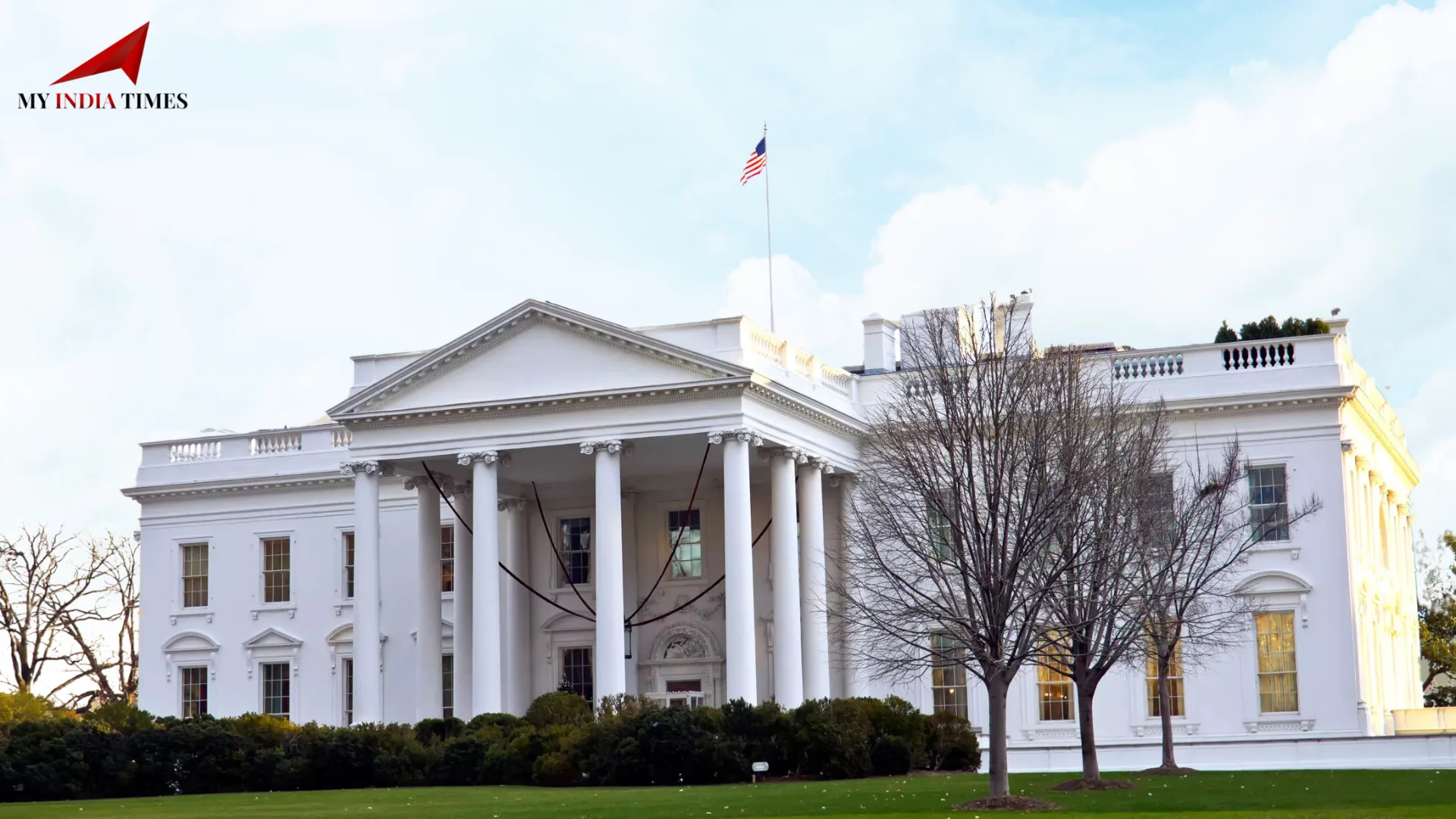
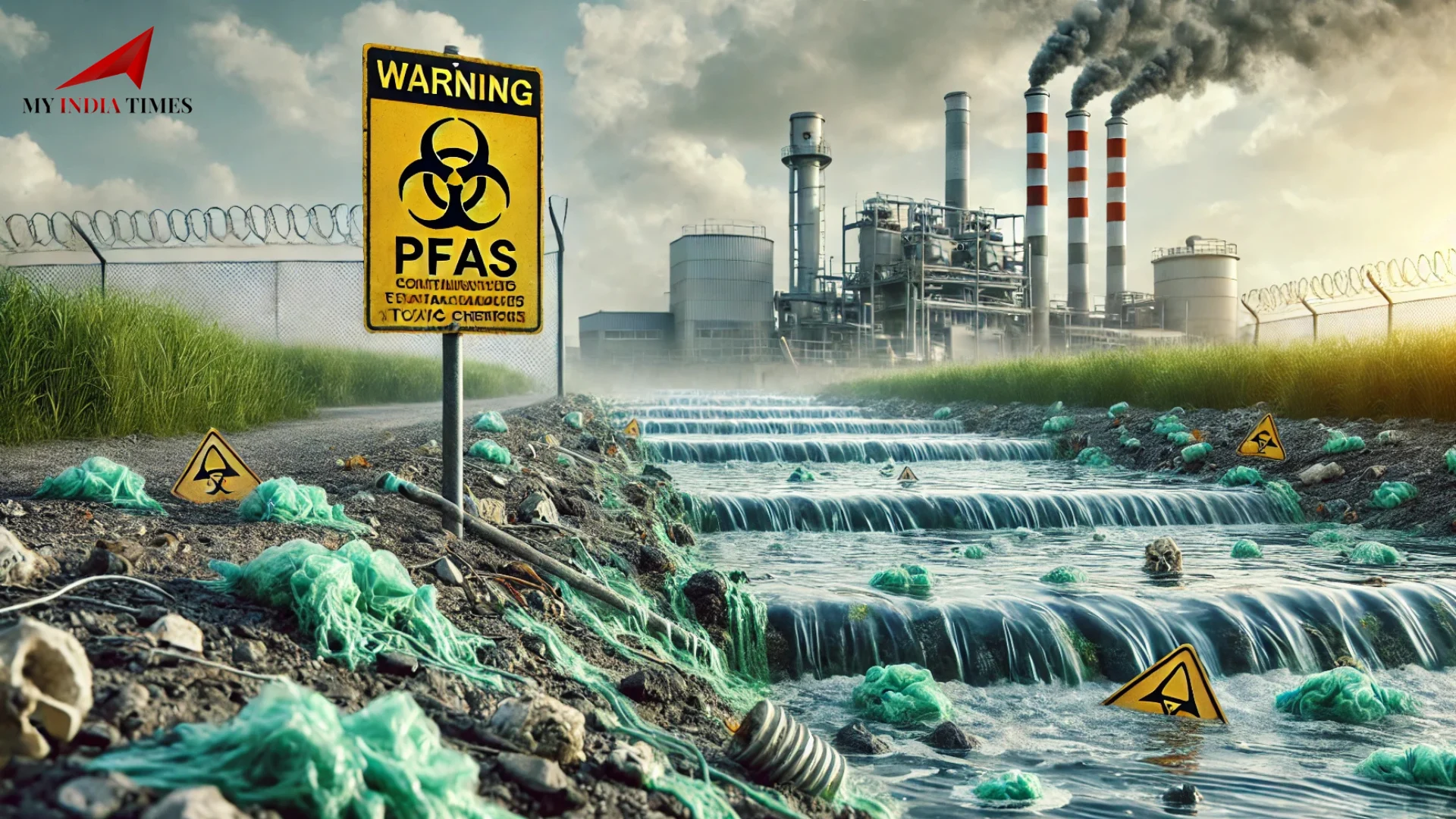
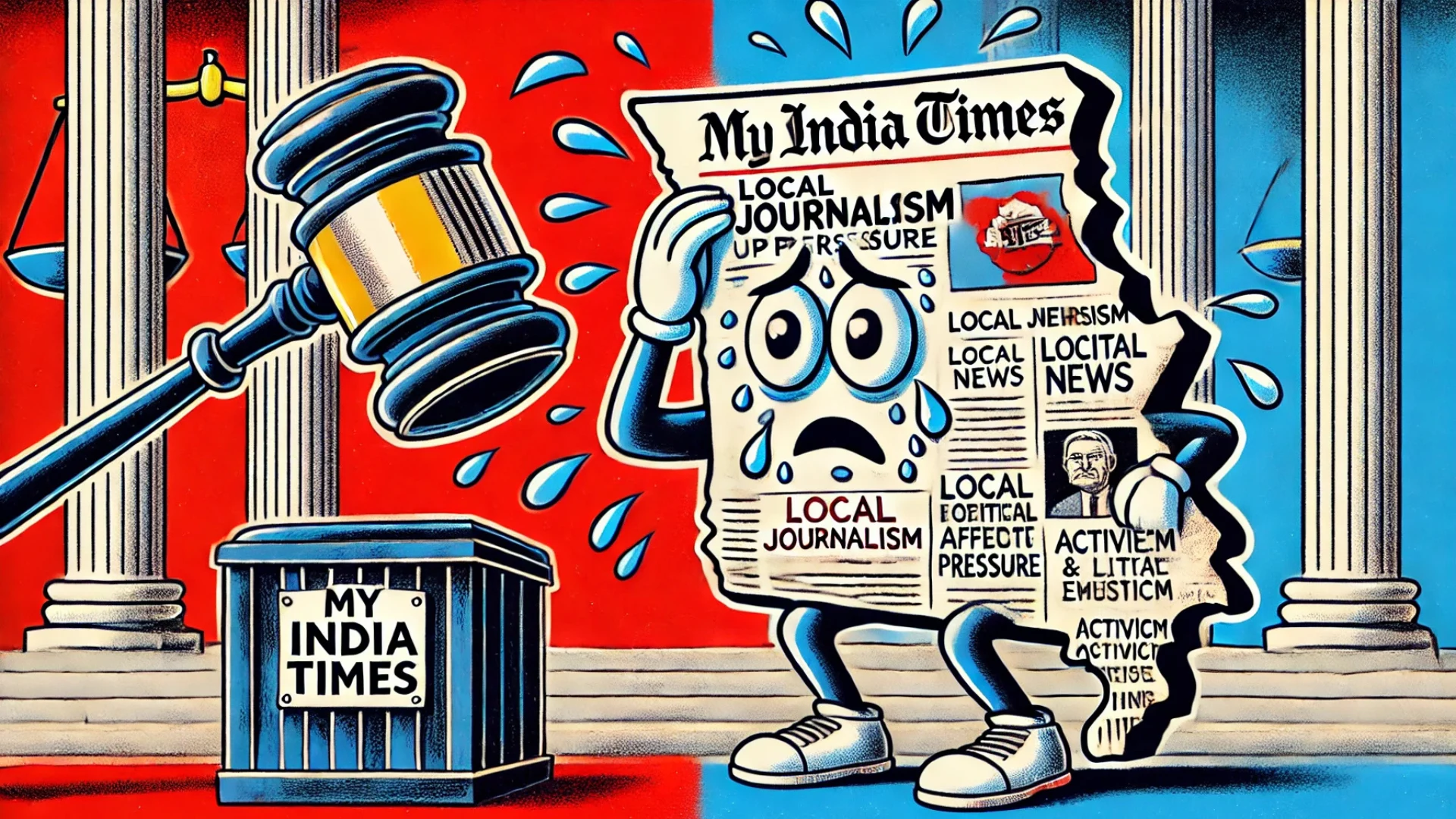
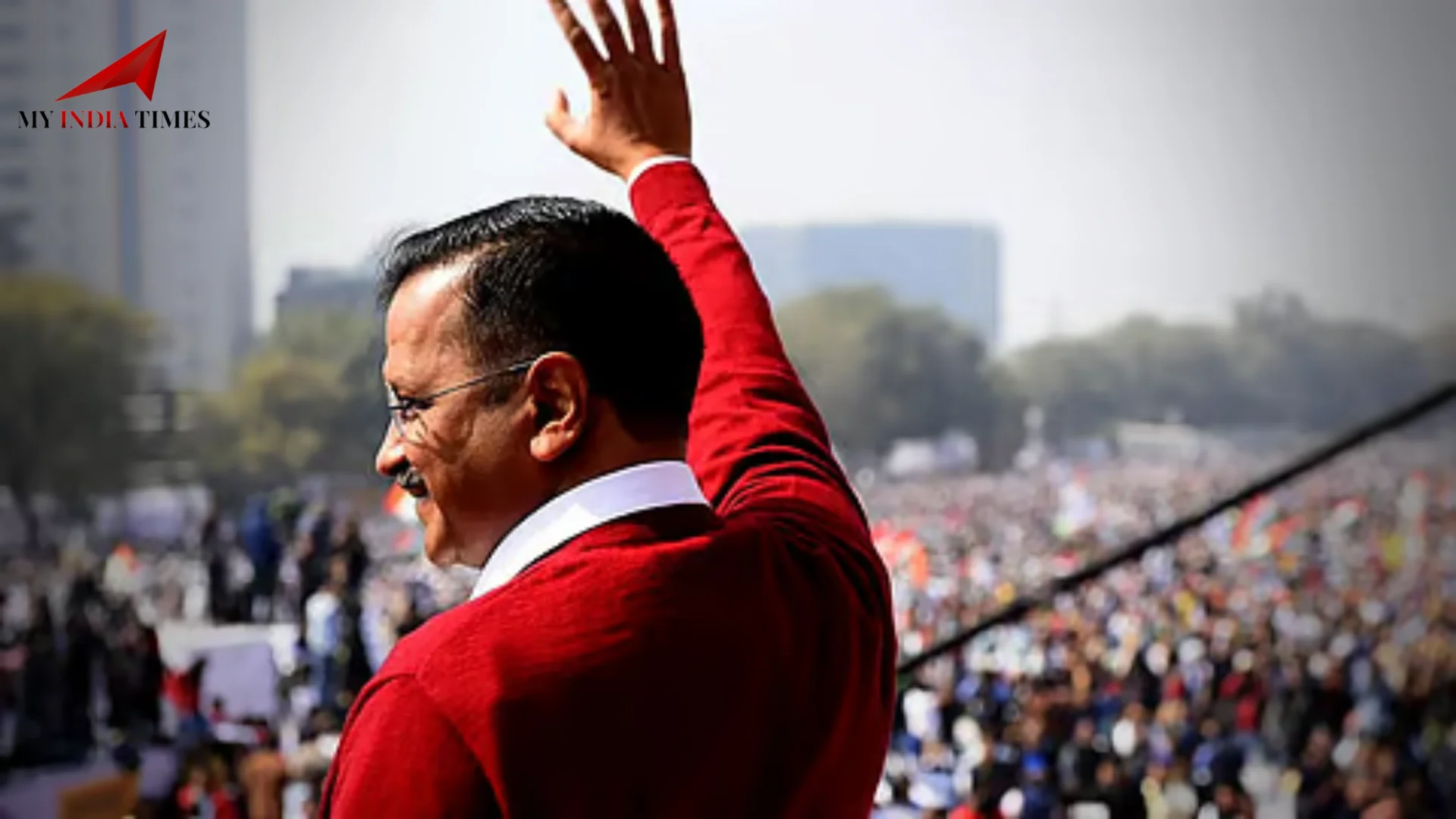
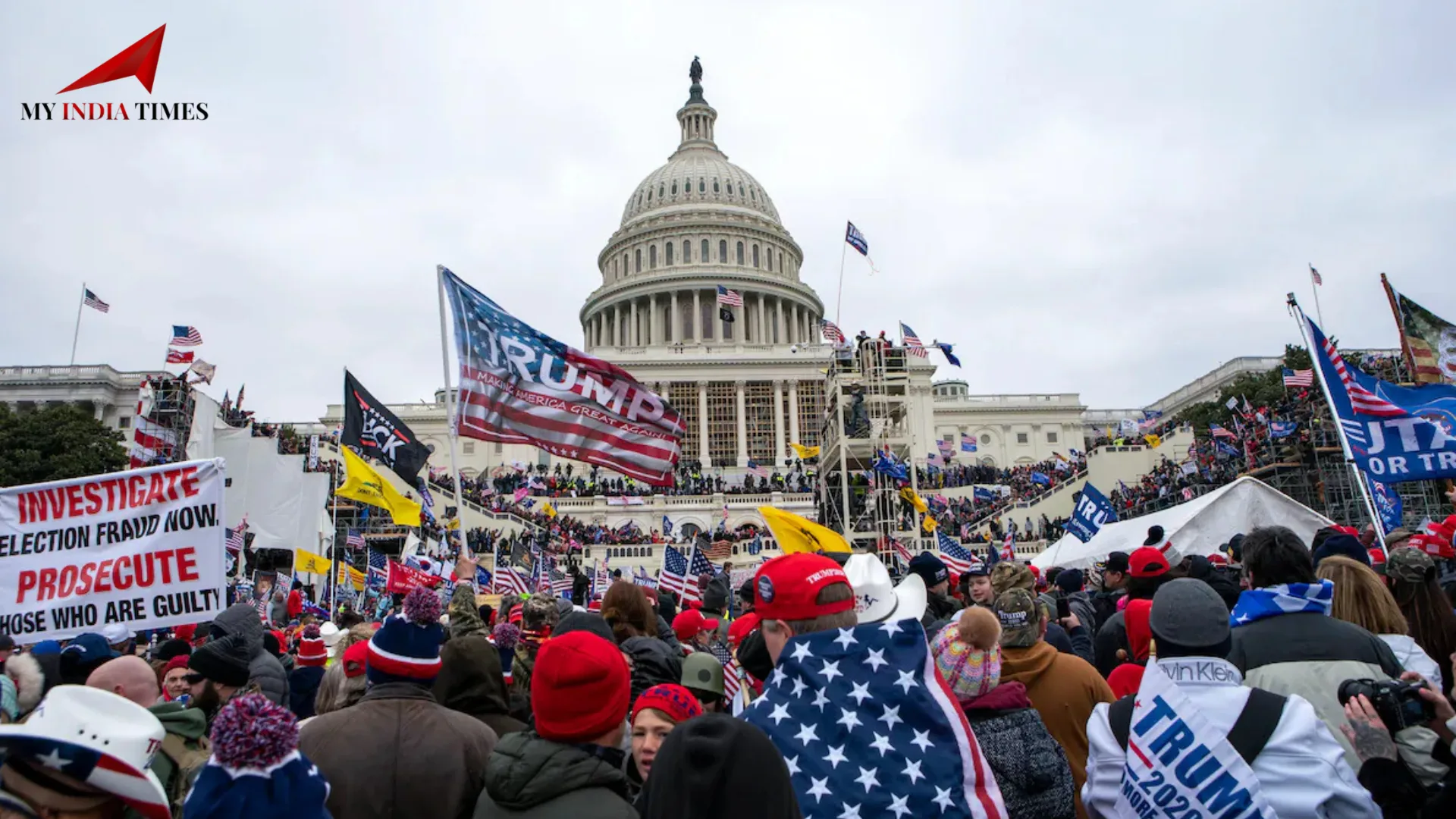
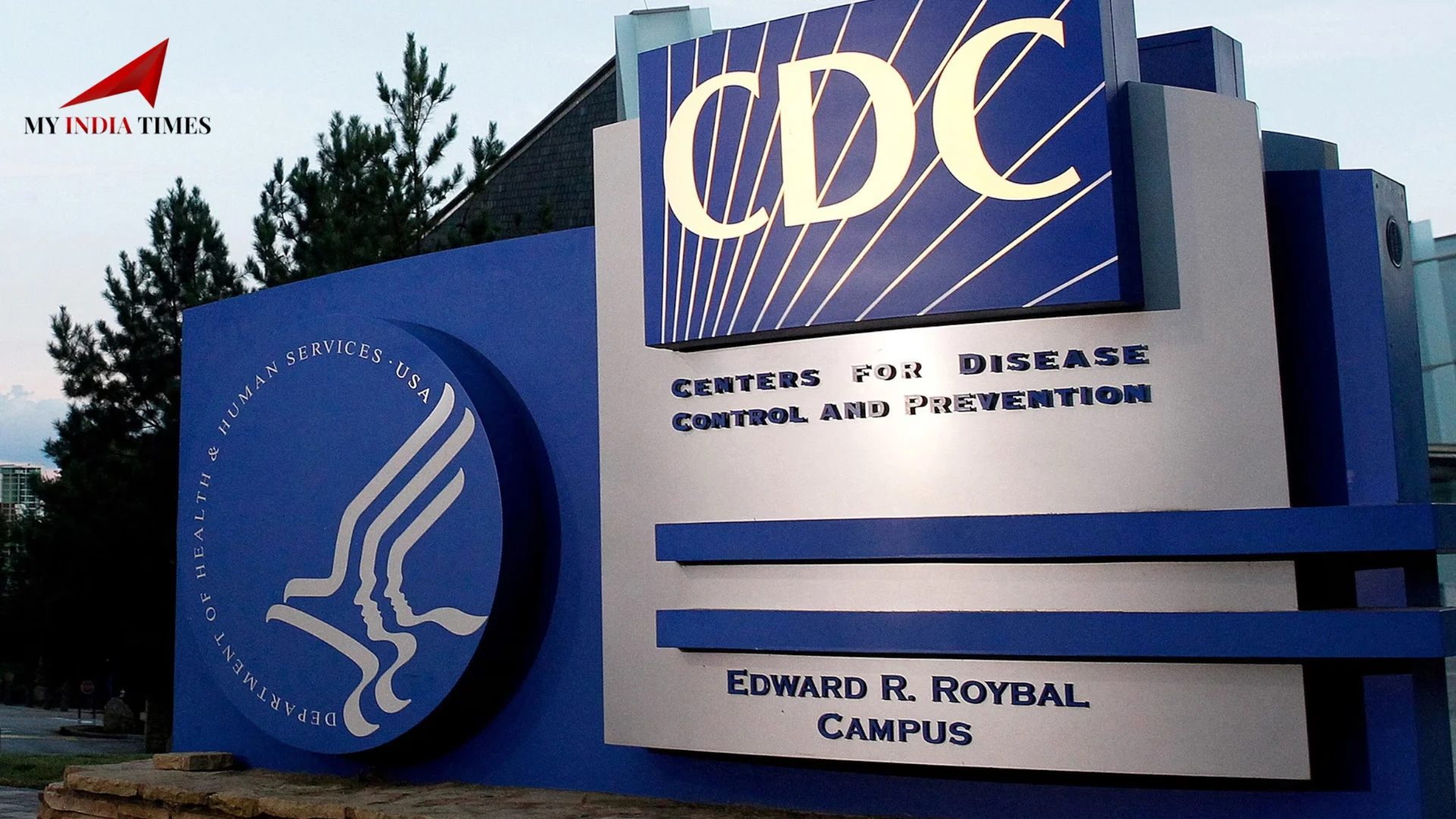
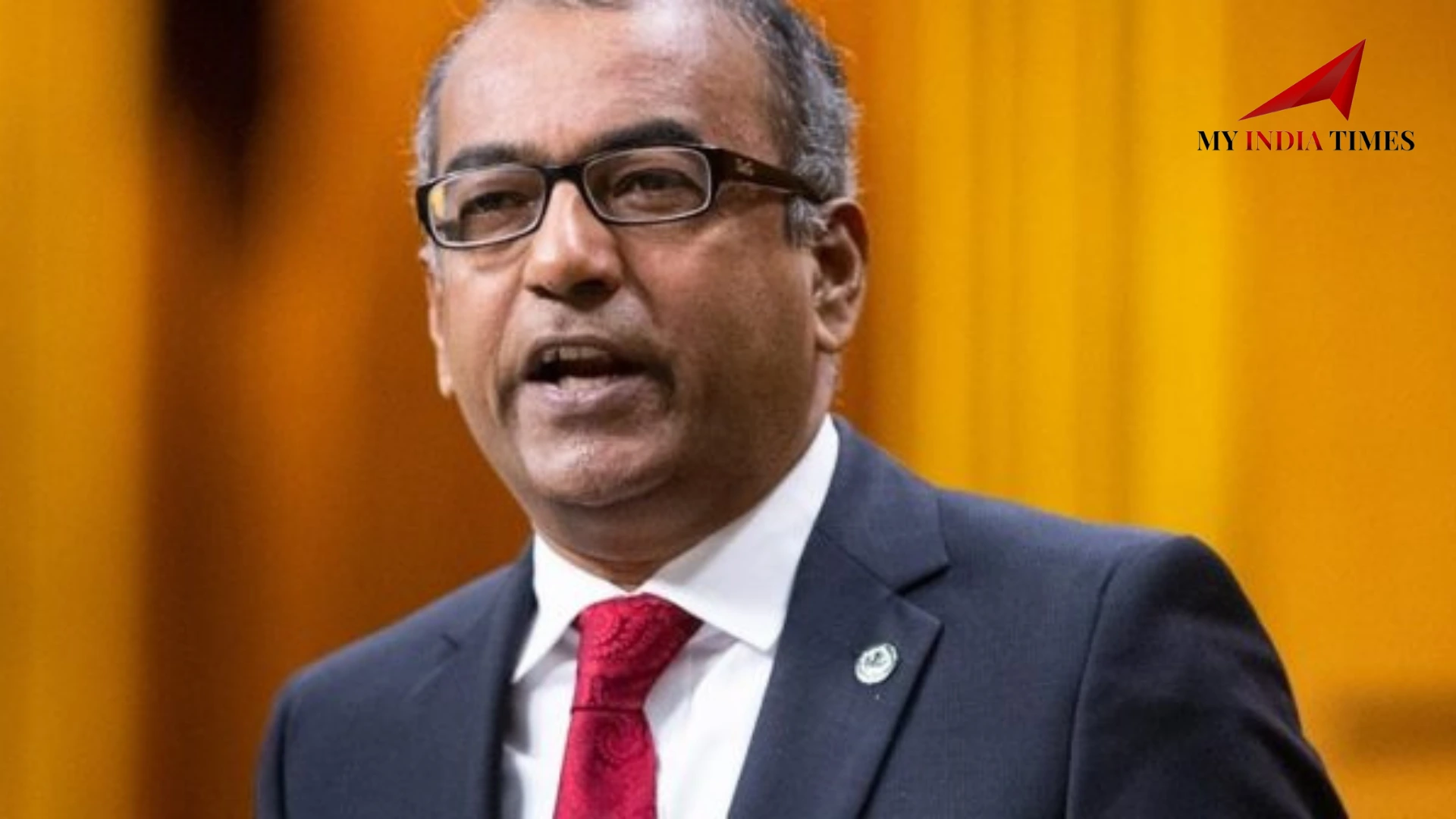
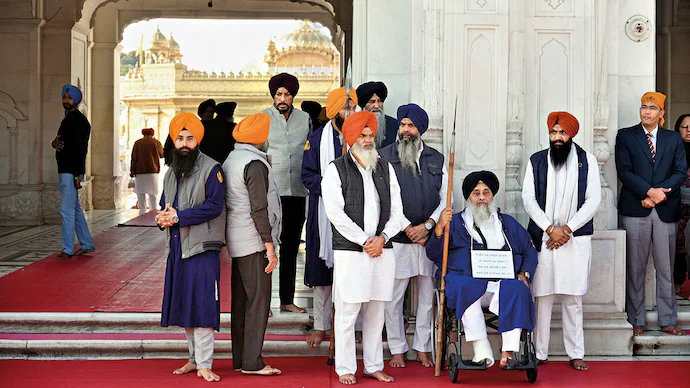




























































































.png)
 (1).png)























